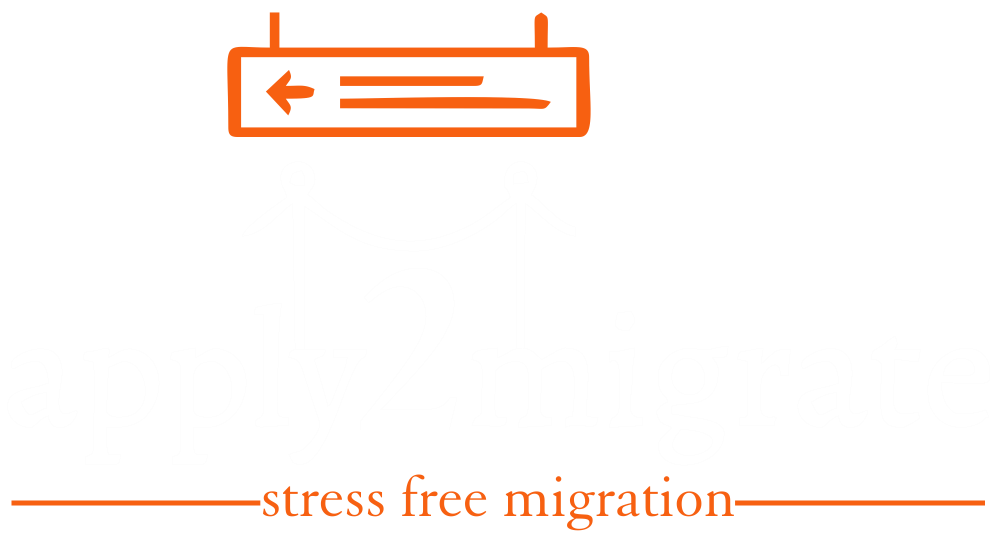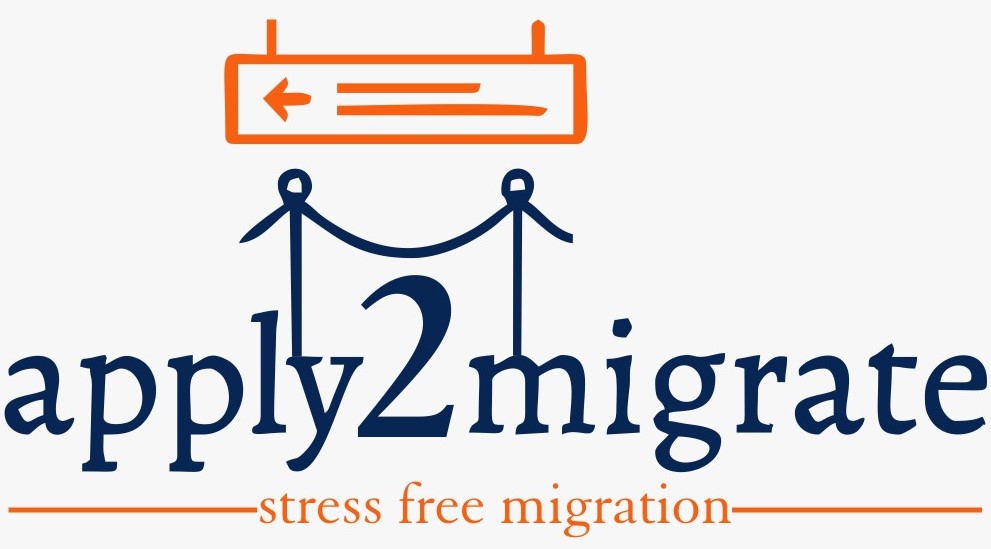Labour shortages are increasingly affecting industries worldwide, significantly impacting economies and underscoring the vital role of expatriate workers. This blog explores the causes of labour shortages, identifies the most in-demand jobs for expats, and provides insights on navigating the global job market.
Causes of Labour Shortages
Labour shortages are a global issue driven by various factors:
- Health Crisis: The COVID-19 pandemic disrupted labor markets, leading to shortages in key sectors.
- Demographic Shifts: Aging populations in many countries reduce the available workforce.
- Vocational Crises: Many professions are seen as undesirable by younger generations.
- Climate Change: Environmental impacts disrupt traditional industries and employment patterns.
- Training Deficits: Inadequate training programs fail to prepare workers for evolving job requirements.
The Future of Non-EU Medical Practitioners in France
In 2020, France introduced a new status for medical practitioners with diplomas from outside the EU (PADHUE), simplifying their process to work in the country. Effective January 1, 2021, this reform required PADHUE to pass updated knowledge verification tests (EVC) and follow a skills consolidation program (PCC).
On December 27, 2023, the “Valletoux Law” was enacted to enhance healthcare access, allowing foreign doctors temporary authorization to practice for 13 months, renewable once, provided they pass the EVC. The exemption for PADHUE ended on December 31, 2023.
Challenges Faced by Foreign Doctors
Despite their crucial role, foreign doctors in France face significant challenges:
- Lower Salaries: PADHUE doctors receive lower pay compared to their French counterparts.
- Recognition Issues: Despite meeting Ministry of Health requirements, they receive less recognition.
- EVC Difficulties: Many struggle with the EVC due to heavy workloads and precarious conditions, hindering exam preparation.
Unions argue that requiring these overworked doctors to take competitive exams is unfair. Without non-EU practitioners, French hospitals could face severe staffing shortages, impacting patient care.
Government Response and Future Prospects
On January 16, 2024, President Macron hinted at potential measures to regularize many foreign doctors facing administrative challenges. Health Minister Catherine Vautrin confirmed that PADHUE would continue working in the coming months, though specifics remain unclear. Unions remain watchful.
Jobs Affected by Labour Shortages
Labour shortages significantly impact various industries:
- Healthcare: High demand for registered nurses, doctors, and allied healthcare professionals.
- Information Technology: Software developers, data analysts, and cybersecurity experts.
- Construction: Skilled workers like carpenters, electricians, and plumbers.
- Logistics and Transportation: Truck drivers, warehouse workers, and supply chain managers.
In-Demand Professions: Key Considerations for Foreign Professionals
Foreign professionals must carefully navigate regulations when planning to work abroad, especially in regulated fields like healthcare and education. Practicing these professions often requires specific qualifications, tests, or professional exams.
For instance, in Canada, approximately 20% of professions are regulated, with rules varying by province. Ensuring diploma recognition and understanding additional requirements are crucial steps for foreign professionals.
Steps for Foreign Professionals
- Research Early: Investigate the host country’s regulations for your profession as soon as possible.
- Verify Diploma Recognition: Confirm your diploma is recognized, not just equivalent in level.
- Prepare for Additional Requirements: Be ready for any additional exams or training required.
- Understand the Regulations: Familiarize yourself with the specific regulations of the host country.
In-Demand Jobs Globally
Expats are in high demand in several fields:
- Information Technology: Software engineers, data scientists, and cybersecurity specialists.
- Healthcare: Doctors, nurses, pharmacists, and medical researchers.
- Engineering: Civil, mechanical, and electrical engineers.
- Skilled Trades: Electricians, plumbers, welders, and technicians.
Countries with Severe Labour Shortages
Countries like Japan and Germany face severe labour shortages:

Japan: The aging population affects healthcare, IT, hospitality, and agriculture.
Germany: Shortages in skilled trades, engineering, healthcare, and IT.
Canada and Australia: Experience shortages in healthcare, construction, technology, and hospitality industries.
European Countries Facing Worker Shortages
European nations are also struggling with labour shortages:
Germany, France, UK: Shortages in healthcare professionals.
Spain, Italy: Gaps in skilled trades.
Nordic Countries: Shortages in engineering, technology, and healthcare.
Eastern Europe: Labour shortages in agriculture, manufacturing, and hospitality.
Final Thoughts
Labour shortages are a critical global concern, impacting industries like healthcare, IT, and construction. Expats play a vital role in filling these gaps with their expertise. To successfully navigate international work, foreign professionals must research regulations, verify diploma recognition, and prepare for additional requirements.
Apply2Migrate simplifies immigration with services in visas, real estate, and relocation. Our experts ensure high visa approval for investors, entrepreneurs, job seekers, and more.


